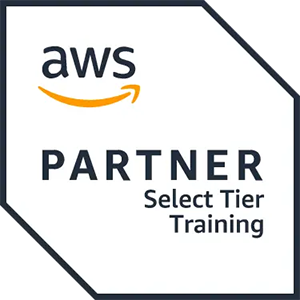This comprehensive Natural Language Processing (NPL) Fundamentals training course will show you how to effectively use Python libraries and NLP concepts to solve various problems. This is a three-day course that starts with basics and goes on to explain various NLP tools and techniques that equip you with all that you need to solve common business problems for processing text.
In this NPL training course, you’ll be introduced to natural language processing and its applications through examples and exercises. This will be followed by an introduction to the initial stages of solving a problem, which includes problem definition, getting text data, and preparing it for modelling. With exposure to concepts like advanced natural language processing algorithms and visualization techniques, you’ll learn how to create applications that can extract information from unstructured data and present it as impactful visuals. Although you will continue to learn NLP-based techniques, the focus will gradually shift to developing useful applications. In these sections, you’ll understand how to apply NLP techniques to answer questions as can be used in chatbots.
By the end of this course, you’ll be able to accomplish a varied range of assignments ranging from identifying the most suitable type of NLP task for solving a problem to using a tool like spacy or genesis for performing sentiment analysis. This NPL training course will easily equip you with the knowledge you need to build applications that interpret human language.

 United Kingdom
United Kingdom Germany
Germany Denmark
Denmark Sweden
Sweden Italy
Italy Netherlands
Netherlands Norway
Norway 
















 Kesto
Kesto  Toimitus
Toimitus  Hinta
Hinta